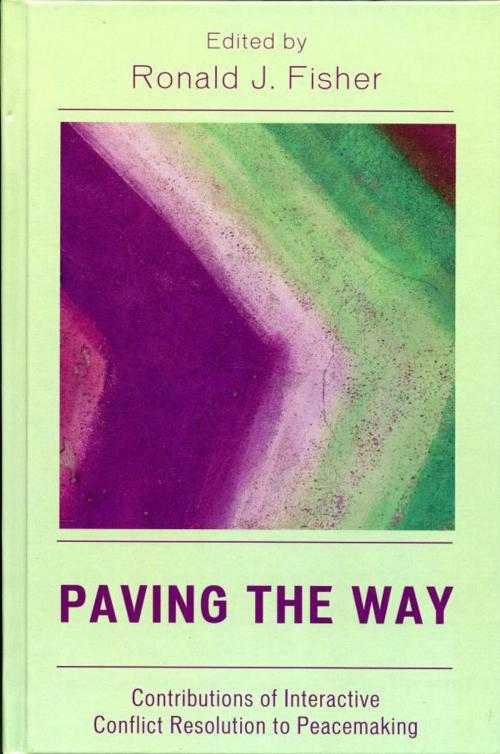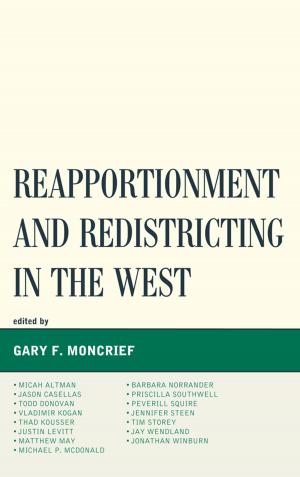Paving the Way
Contributions of Interactive Conflict Resolution to Peacemaking
Nonfiction, Social & Cultural Studies, Political Science, Politics, History & Theory| Author: | ISBN: | 9780739158722 | |
| Publisher: | Lexington Books | Publication: | January 4, 2005 |
| Imprint: | Lexington Books | Language: | English |
| Author: | |
| ISBN: | 9780739158722 |
| Publisher: | Lexington Books |
| Publication: | January 4, 2005 |
| Imprint: | Lexington Books |
| Language: | English |
This first-of-a-kind collection brings together in one volume the strongest available evidence of successful transfer effects from unofficial third-party work to official peacemaking. Using comparative case analysis from several real-world interventions, Paving the Way offers insights into the conditions and qualities of successful programs of interactive conflict resolution from experts in the field. Editor Ronald J. Fisher has assembled a collection of seminal case studies that illustrate interactive approaches to conflict resolution from the Malaysia-Indonesia conflict in the 1960s to the Peru-Equador peace process of the late 1990s. Integrating theory, research, and practice, the cases posit that interactive conflict resolution can make a significant, and sometimes essential, contribution to the resolution of protracted and violent identity conflicts. The methods and solutions offered in Paving the Way will serve as best practices for those in the field and as training tools and resources for scholars and policymakers.
This first-of-a-kind collection brings together in one volume the strongest available evidence of successful transfer effects from unofficial third-party work to official peacemaking. Using comparative case analysis from several real-world interventions, Paving the Way offers insights into the conditions and qualities of successful programs of interactive conflict resolution from experts in the field. Editor Ronald J. Fisher has assembled a collection of seminal case studies that illustrate interactive approaches to conflict resolution from the Malaysia-Indonesia conflict in the 1960s to the Peru-Equador peace process of the late 1990s. Integrating theory, research, and practice, the cases posit that interactive conflict resolution can make a significant, and sometimes essential, contribution to the resolution of protracted and violent identity conflicts. The methods and solutions offered in Paving the Way will serve as best practices for those in the field and as training tools and resources for scholars and policymakers.















